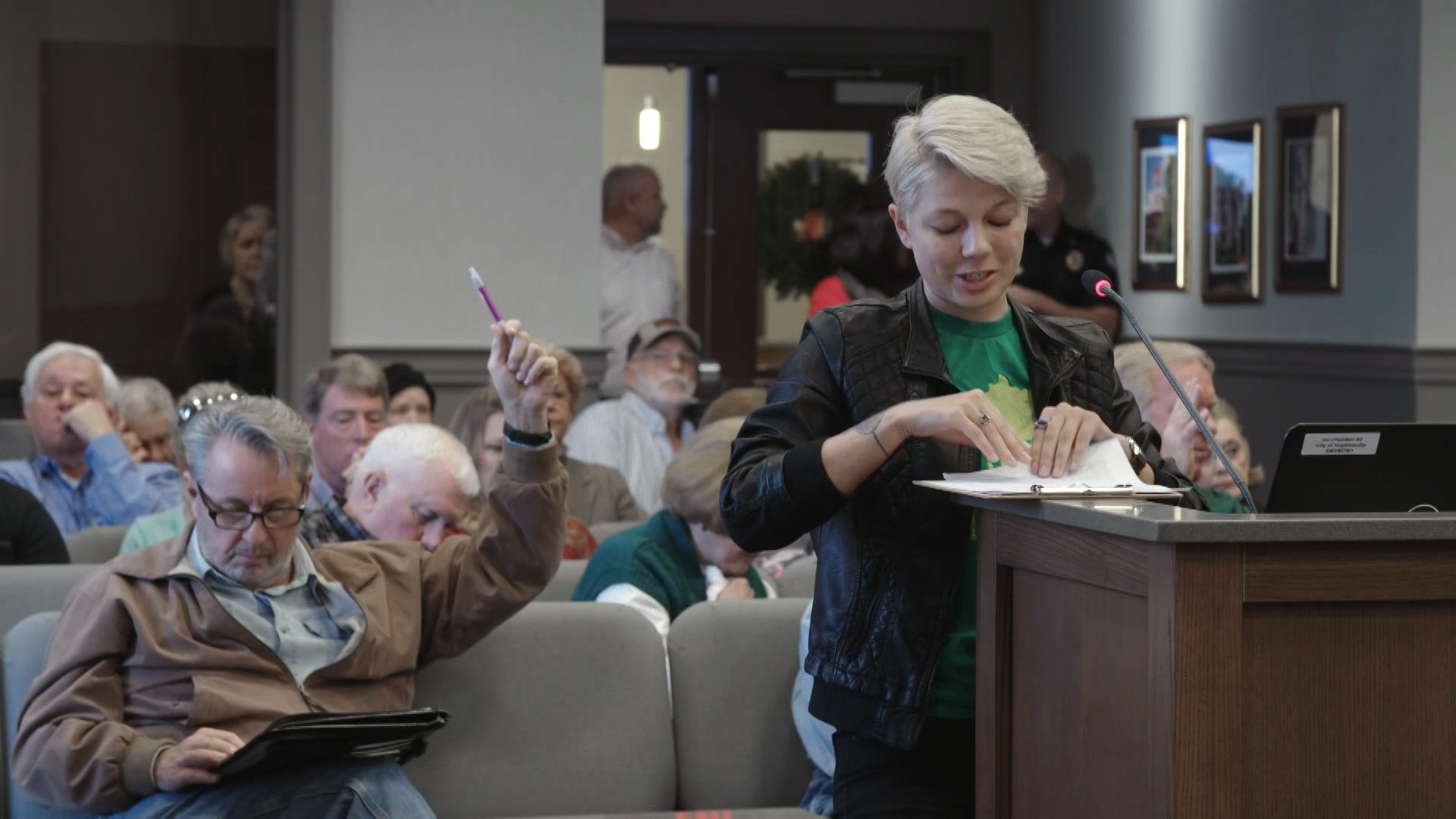Tuesday was supposed to be a victorious day for House Republicans as they passed the biggest rewrite of the tax code in a generation and the most significant piece of legislation in Donald Trump’s presidency with a vote of 227-203. It was a “historical turning point,” according to House Speaker Paul Ryan.But nonetheless Democrats also see it as a turning point — for their own political fortunes. After losing the House, the Senate, and the White House in 2016, Democrats on Tuesday seemed to feel more confident than ever that Trump’s signature legislative accomplishment had all guaranteed them the majority in the 2018 midterms and would return the Speaker’s gavel to Nancy Pelosi.If a Democratic wave was already coming in 2018, then the tax bill just made it tidal. At least, that’s what Democrats signaled.The bill, dubbed the Tax Cuts & Jobs Act, would permanently lower the corporate tax rate from 35 percent to 21 percent, temporarily lower the income tax rates, and remove or cap several deductions which Republicans admit could raise taxes on some families.
Despite tax cuts historically beings something at least some moderate Democrats support, House Democrats showed no fear in unanimously voting “no.”On taxes, Republicans argue (and hope) that the bill will become more popular once Americans get more cash in their pockets and the corporate tax cut spurs the economy as they claim it will. Passing it was the only way to make it more popular, they argue.“Pelosi did all she could to thwart tax reform because she believed its failure would actually help her regain power, not the other way around,” Jesse Hunt, national press secretary for the National Republican Congressional Committee, told VICE News.But Democrats are already in the midst of a nationwide campaign to make the bill even more unpopular and paint it as a giveaway to millionaires and billionaires at a time when voters are in a more populist mood.But Democratic optimism is also based on a pessimism about the economy.What happens if the economy grows following this tax cut, as Republicans expect it will?“The stock market may continue to surge but that’s not felt by most middle income people,” said Kelly. The majority of American households do not own any stock.“Trickle down has failed before and it will fail again,” he said.
Advertisement
“The bill is toxic,” Drew Hammill, Pelosi’s deputy chief of staff, told VICE News.“House Republicans Sign Away Their Seats,” declared the Democratic Congressional Campaign Committee which immediately launched a “digital holiday ad campaign” against 10 vulnerable Republicans in California highlighting their vote for the tax bill.Some Republicans countered the seasonal messaging by saying they just gave people “a tax cut for Christmas.”But nearly every public opinion poll over the last six weeks shows that significantly more Americans disapprove of the GOP’s tax plan than approve of it.
- Monmouth University: 26 percent support; 49 percent oppose
- USA TODAY/Suffolk University: 32 percent support; 48 percent oppose
- Reuters/Ipsos: 31 percent support; 49 percent oppose
- Quinnipiac: 29 percent support; 53 percent oppose.
Advertisement
“Today, Republicans sold their souls and principles to give tax breaks to wealthy corporations and their millionaire donors,” Rep. John Yarmuth of Kentucky, the highest ranking Democrat on the Budget Committee, said in a statement.And Democrats are poised to throw millions of dollars behind that message. The Democratic-affiliated Super PAC dedicated to the House of Representatives, House Majority PAC, began putting up billboards and buying digital ads in districts of vulnerable Republicans even before the final the tax bill passed the House."This is an unforgivable vote for House Republicans and it will be disastrous for them in 2018," Charlie Kelly, the Executive Director of the Democratic group, told VICE News.“Trickle down has failed before and it will fail again”
Advertisement
